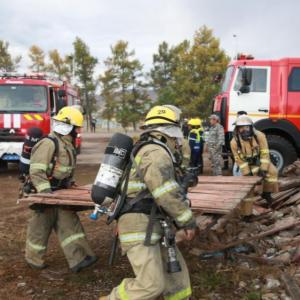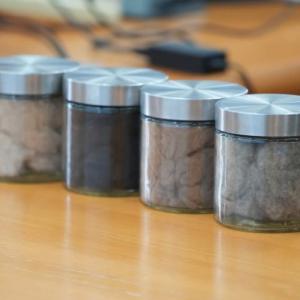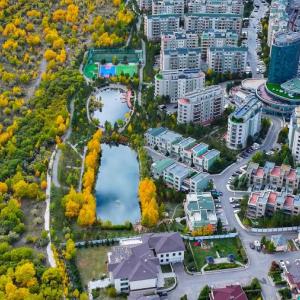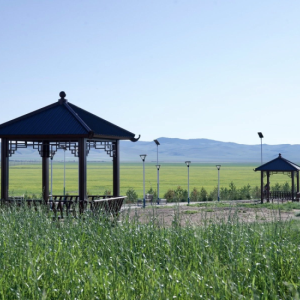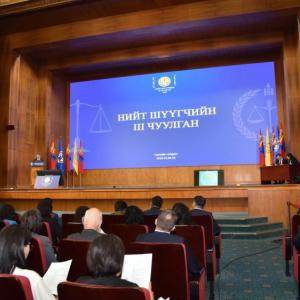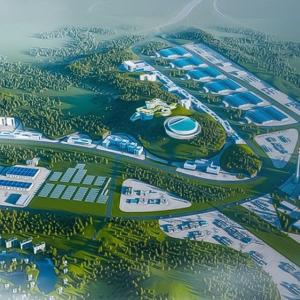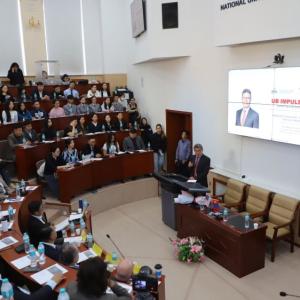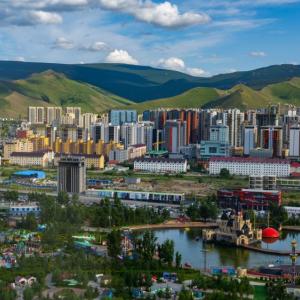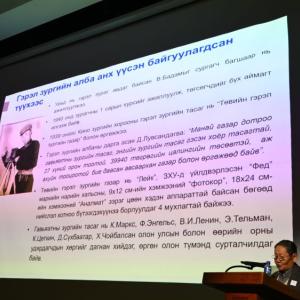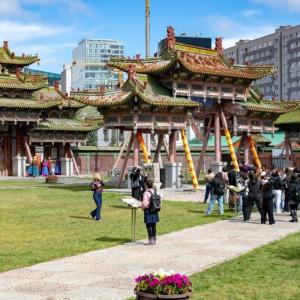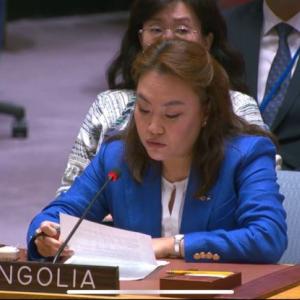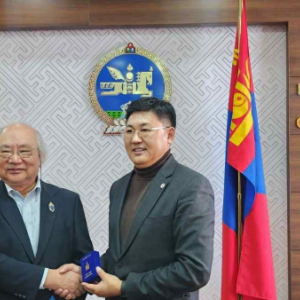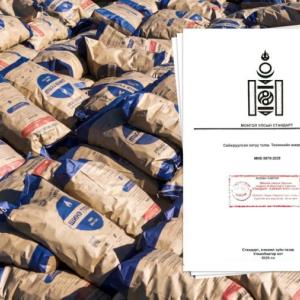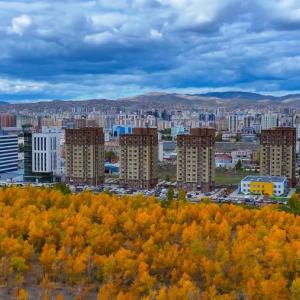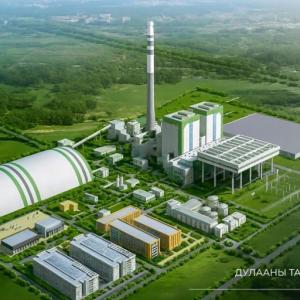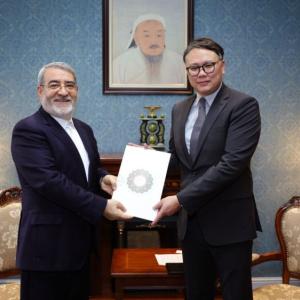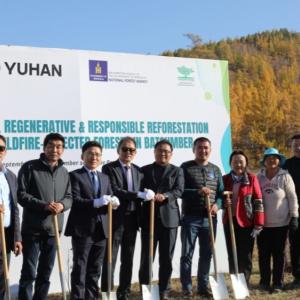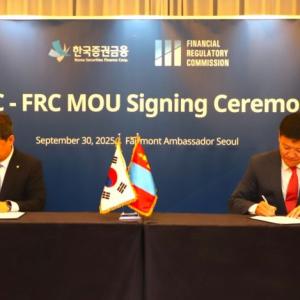Mayor Nyambaatar: Enterprises Must Fulfill Obligations Under the Law on Water of Mongolia
Society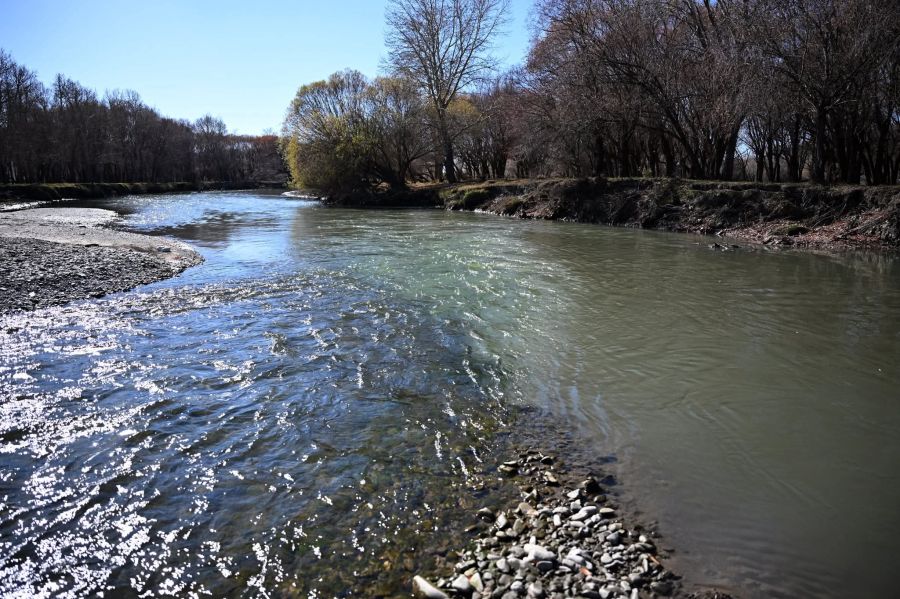
Ulaanbaatar, October 13, 2025 /MONTSAME/. The Governor of the Capital City and Mayor of Ulaanbaatar, Nyambaatar Khishgee, along with relevant officials, conducted an inspection of the Tuul River by boat and discussed measures to protect the ecosystem.

Water purified through technological processes at the Central Wastewater Treatment Plant, which can be reused, is referred to as “grey water.” This grey water flows into the Tuul River. However, a total of 771 factories and business entities — including processing plants, hospitals, restaurants, tea houses, and car wash facilities — currently rely on the Government to manage their clean and wastewater issues. Officials noted that the Central Wastewater Treatment Plant is unable to properly treat wastewater discharged by tanneries, wool and cashmere factories, alcohol producers, hospitals, car wash facilities, and food manufacturers. The Central Treatment Plant of Ulaanbaatar City was originally designed to process only domestic wastewater. Yet, more than 80 business entities have been identified as major contributors to pollution in the Tuul River. Officials also reported that even at a distance of 30 kilometers from the Capital city, the river water remains unsuitable for human or livestock consumption due to sludge and sediment from treatment facilities, accompanied by a severe odor from the treatment site.
During the visit, Mayor Nyambaatar stated, “Upon visiting the sources discharging grey water into the Tuul River, we witnessed truly distressing scenes. Tanneries, wool and cashmere factories, alcohol producers, hospitals, car wash facilities, and food factories significantly contribute to the river’s pollution. When their wastewater enters the central sewage system, the treatment facility cannot cope with such a large volume of contaminants. These issues have remained unresolved for many years. The Law of Mongolia on Water clearly stipulates that such enterprises must have their own preliminary treatment plants, yet they fail to comply. Grey water discharged into the Tuul River must be treated to a level that poses no harm to public health or the environment. Unfortunately, the water currently released from our treatment plant does not meet this standard. The sections of the Tuul River receiving grey water accumulate sludge and cause severe contamination. The Tuul River and its basin cradle diverse species of fish, birds, and wildlife, and it is a land that preserves the ancient heritage of the Mongolian people. Most importantly, it is the primary source of drinking water for Ulaanbaatar residents. To save the ecosystem of the Tuul River, the Capital City Administration will implement the following measures.”

The Central Wastewater Treatment Plant of Ulaanbaatar City was first commissioned in 1964, with a design capacity to receive 160,000–170,000 cubic meters of water per day. Today, a new Central Wastewater Treatment Plant has been constructed and is ready for operation, with a capacity to process 250,000 cubic meters of water daily. However, Mayor Nyambaatar emphasized that merely commissioning the new treatment plant will not fully resolve the Tuul River’s pollution problem.
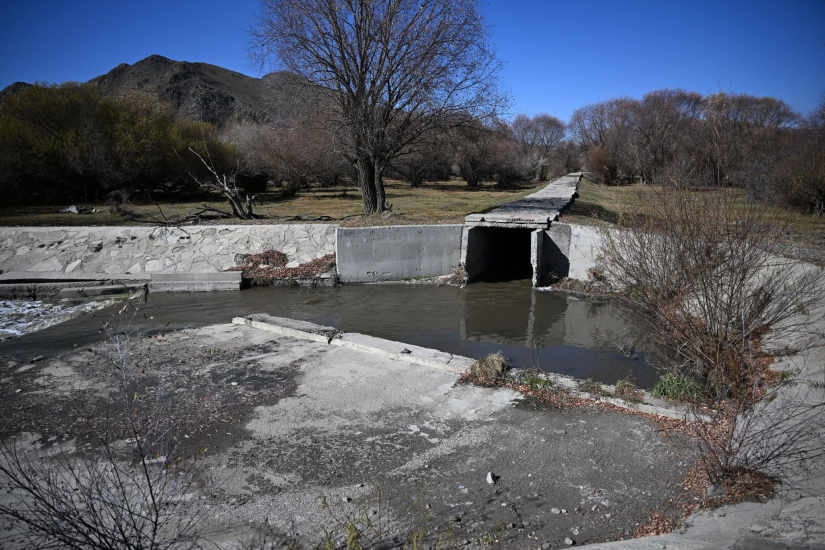
As of today, over 20 enterprises identified as major polluters have begun constructing their own preliminary treatment facilities on-site. The APU Company, for instance, has already built one. He underscored that the time has come for other enterprises to fulfill their obligations under the Law of Mongolia on Water and to pay pollution charges accordingly. Starting from 2027, business entities that continue to pollute the Tuul River heavily will no longer be supplied with clean water or have their wastewater treated by the city. Mayor Nyambaatar added that revenue from pollution charges should be used to cover operating expenses of the Central Wastewater Treatment Plant and support the sludge incineration facility. He concluded by announcing that, in 2026, the city will launch a public-private partnership project titled “Sludge Drying, Incineration, and Energy Production.”
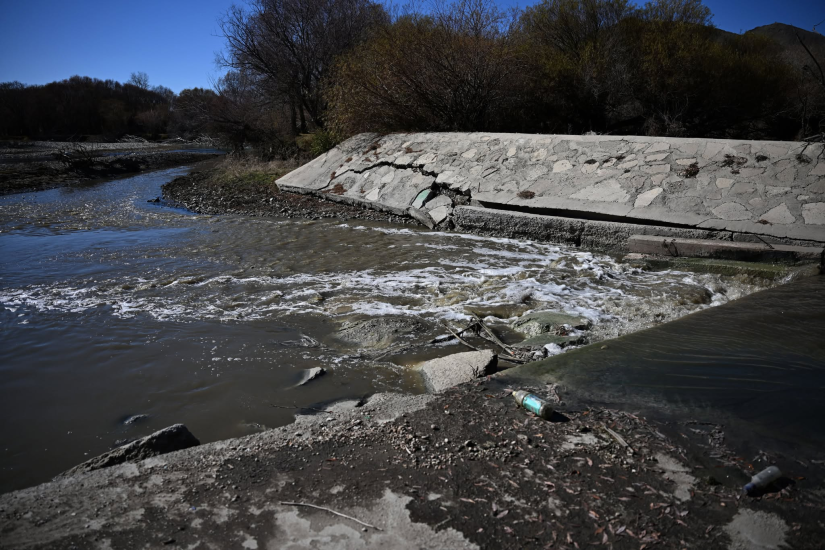
 Ulaanbaatar
Ulaanbaatar













